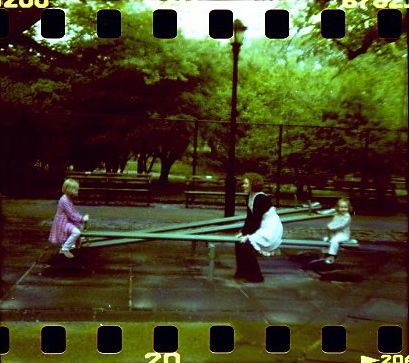Play: What Studies Show
 I thought it was probably more than coincidence that this weekend I heard Krista Tippett's interview on NPR with Dr. Stuart Brown, a physician and director of the National Institute for Play, for not the first, but second time. I heard this interview when it originally aired (the program, Speaking of Faith, airs on my NPR channel when I'm making our weekend big breakfast), and this weekend they ran it again. Since I declared this summer a study in Play, I turned the volume up and listened closely.
I thought it was probably more than coincidence that this weekend I heard Krista Tippett's interview on NPR with Dr. Stuart Brown, a physician and director of the National Institute for Play, for not the first, but second time. I heard this interview when it originally aired (the program, Speaking of Faith, airs on my NPR channel when I'm making our weekend big breakfast), and this weekend they ran it again. Since I declared this summer a study in Play, I turned the volume up and listened closely.
I encourage you to click here to hear the program for yourself. You'll learn about the ways in which play helps us develop empathy, keeps us flexible in the face of life's complexities, and the consequences when children and adults are deprived of play. In a culture that tolerates play for children but disregards it for adults, these are important insights.
When I look at the messages about play that I internalized in the past, I find thoughts like these:
- Being responsible means doing the work if there is any work to be done. (And there is ALWAYS some work that can be done, isn't there?)
- Work comes first, play comes after, if there's any time or energy left (which there probably isn't).
- You're allowed to play when you retire, because you earned it by working your ass off for so many decades.
- Play is something you earn by punishing yourself first with excessive work to prove that you are responsible, able, capable, mature, a good citizen, and possessing a good work ethic. Like earning dessert by eating the vegetables you most loathe.
- Play is an indulgence, not a necessity.
- Someone has to be the grown-up and do the work, and if I'm the one doing the work that must make me the most grown-up person here. Grown-up = working, not playing. Doing what you don't want to do.
- Play = irresponsibility, laziness, childishness
- People who play make more work for everyone else.
And I could go on and on. These are dark thoughts, and just in listing them and thinking about myself and my family, I'm sensing the way these thoughts about play completely dominate our living. All of these assumtions get turned on their head when I listen to Dr. Brown's research. It suggests (and I am quoting from the show):
- an active play life is a quality of healthy individuals
- a playful life helps us approach and solve complex problems
- adaptability is related to our capacity to play
- biologically, human beings are designed to play through our life cycle
- play deprivation can cause rigidity, loss of irony, and depression in adults
I've been working most evenings for the last couple weeks, and by last Friday I felt overwhelmed, and I couldn't think creatively about solving my problems any more. Now I see a relationship between those two things, and after a playful weekend I'm back to feeling fresh and at ease, even with the same difficult situations at my feet.
Playing is good for my health. It's also good for my children's health, and now I'm aware of the way my habits around play are sending messages to them about adulthood, responsibility and wellness. I want them to grow into healthy adults, so I'm choosing to learn this, to model play as a value and a habit that we all practice.
